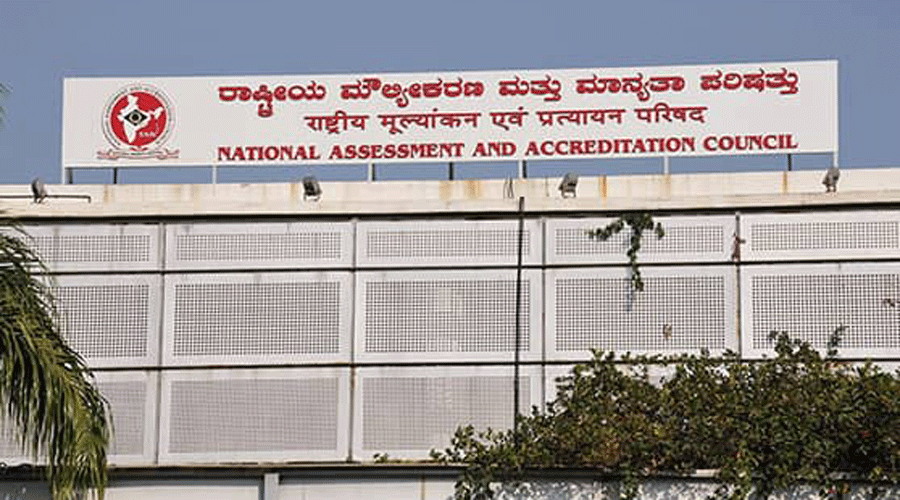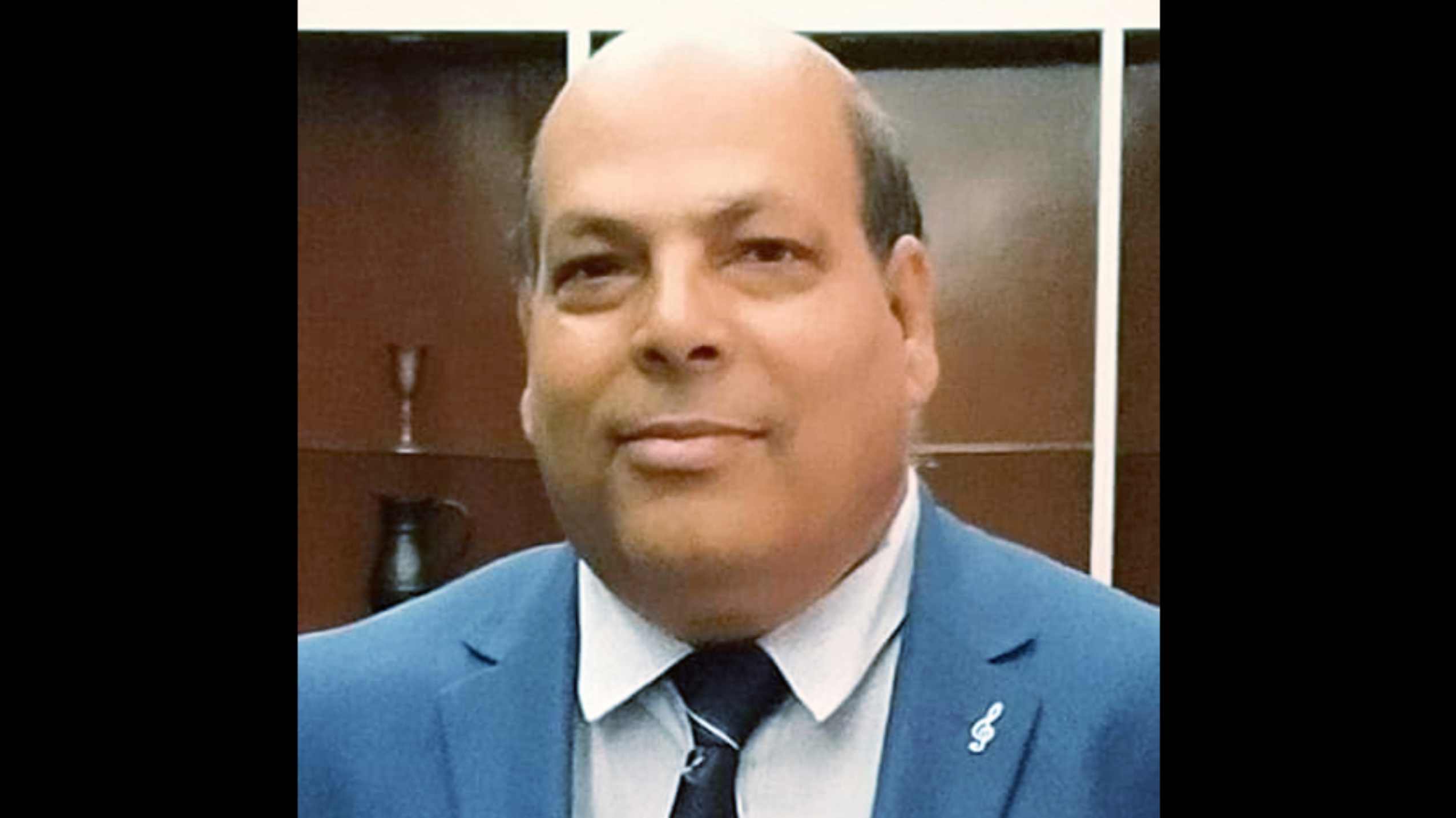A senior functionary with India’s leading accrediting agency last week flagged the “possibility of vested interests, malpractices, and nexus” leading to “the awarding of questionable grades to some” higher education institutions.
Four days after Bhushan Patwardhan, chairperson of the 15-member executive committee of the National Assessment and Accreditation Council (NAAC), expressed these fears in a letter, the University Grants Commission “acceded to” what it described as his resignation request.
However, Patwardhan swiftly underlined that his letter had merely expressed the “intent” to resign and was not a resignation letter, appearing to create a stalemate that implied the UGC was unduly keen to get rid of him.
Patwardhan, however, later sent a resignation letter on March 5.
Patwardhan’s allegations of possible “malpractice” came in a letter, dated February 26, to M. Jagadesh Kumar, UGC chairperson and ex officio president of the NAAC general council.
“Based on my experience, various complaints from the stakeholders, and review committee reports, I had expressed my apprehensions earlier about the possibility of vested interests, malpractices, and nexus among the persons concerned, offering thereby a green corridor by presumably manipulating ICT (Information Communication Technology), DVV and PTV processes leading to the awarding of questionable grades to some HEIs (higher education institutions),” Patwardhan wrote.
The accreditation process involves Data Verification and Validation (DVV) of the information provided by an institution, and Peer Team Visit (PTV) to the institution.
Patwardhan, who served as UGC vice-chairperson from September 2018 to March 2021, was appointed chairperson of the NAAC executive committee in February 2022.
He had proposed an inquiry by an independent agency into the state of affairs at the NAAC. He had also been instrumental in setting up an expert committee last year under J.P. Singh Joreel — director of Inflibnet, the UGC’s repository for all PhD theses — to examine the processes in the NAAC. The panel’s report to the NAAC has not been made public.
However, immediately after the Joreel committee had been set up, the Union education ministry formed another committee, under IIT Kanpur chairperson K. Radhakrishnan, to suggest ways of strengthening the accreditation process. The Radhakrishnan panel, seen by some as a cover-up attempt, is yet to hand in its report.
“…I had also suggested the need for an independent inquiry by appropriate high-level national agencies. But all in vain. Moreover, my communications with you during the last couple of months seem to have been conveniently ignored,” Patwardhan wrote to Kumar.
“Although I do not take these issues on a personal plane, I am deeply worried about protecting the sanctity of the position of chairman EC NAAC. Against this background, I am no longer interested in continuing to hold the position of the chairman of EC NAAC and express my intent to resign.”
UGC secretary Manish R. Joshi wrote to Patwardhan on March 2 saying his request to resign had been “acceded to”. The UGC followed this up by appointing Anil Sahasrabudhe as chairperson of the NAAC’s executive committee.
Patwardhan wrote to Joshi on March 4 saying his February 26 letter was a letter of intent to resign, not a resignation letter. “…It is also surprising to note that the competent authority has made a nomination of an additional Chairman of EC NAAC without having any legal authority and morality/ courtesy to inform me till today,” he wrote.
Contacted by this newspaper, Patwardhan declined comment on his allegations. An email was sent to the UGC chairman on March 5 seeking his comments on Patwardhan’s allegations. His response is awaited.












